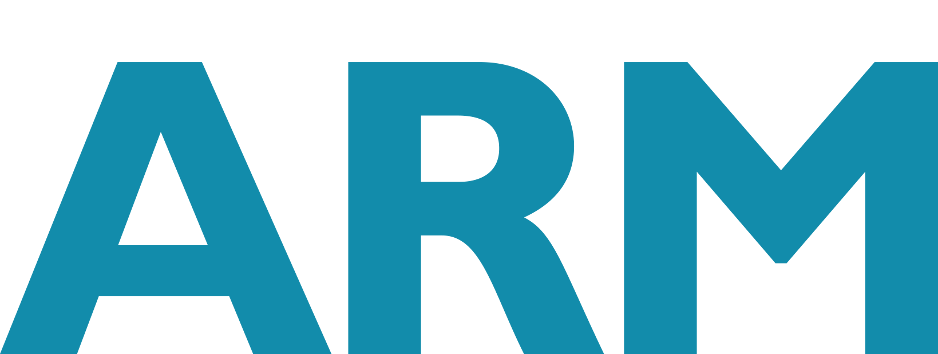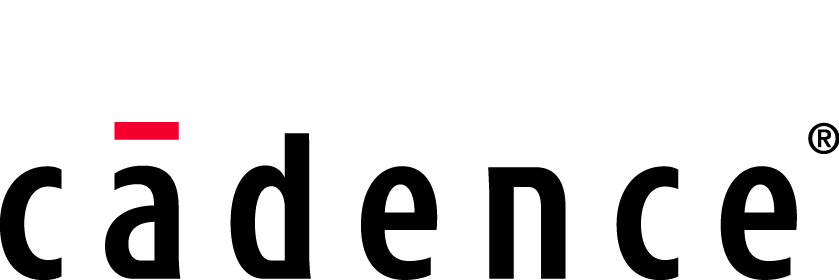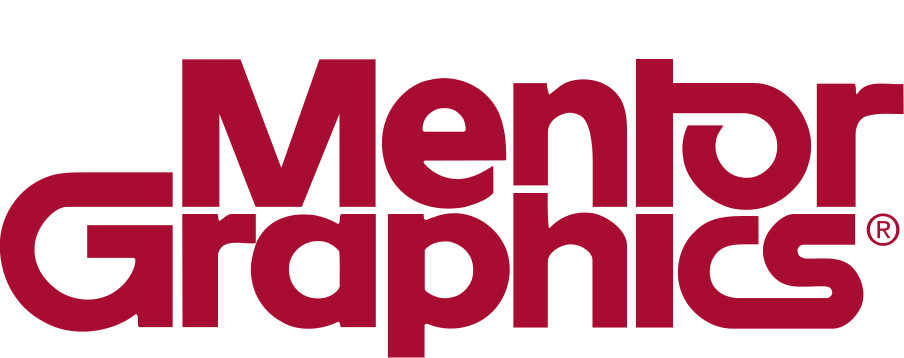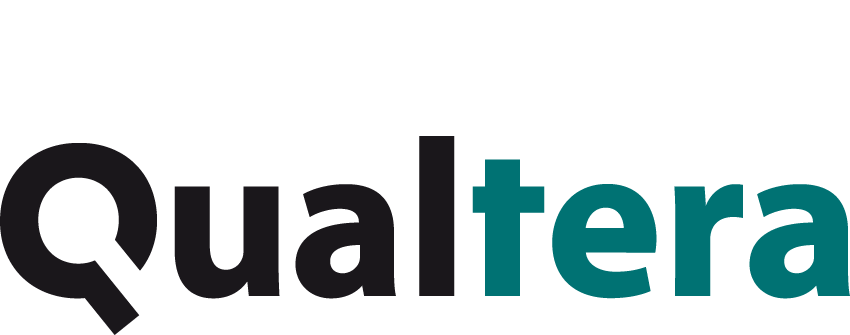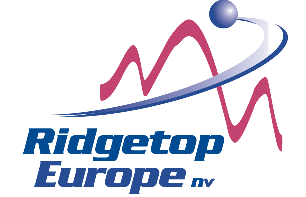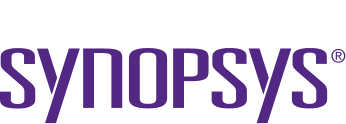Workshops
The following two workshops are co-located with ETS’17. Both of them will take place in parallel from Thursday, May 25, 16:00, till Friday, May 26,16:30.
TESTA 2017: 2nd International Test Standards Application Workshop
General Chair: Artur Jutman (Testonica Lab, Estonia)
General Co-Chair: Michele Portolan (TIMA Laboratory, France)
Program Chairs: Al Crouch (SiliconAid, USA) and Rene Krenz-Baath (Hamm-Lippstadt University, Germany)
Brief Description: TESTA workshop is a focused open discussion platform dedicated to exchange of fresh ideas, industrial best practices, methodologies and work-in-progress around test-related standards, especially those being actively developed today or the ones recently released. The organizing committee pursues contributions covering IEEE 1149.x, IEEE 1500, IEEE 1687, IEEE P1838, IEEE 1450, etc., especially those focusing on what works, what doesn’t, or how the standards were incorporated into existing or new DFT methodologies. Reports on first-time usage of the new and upcoming standards are especially welcome, as is research exploring the best usage of features described in these standards.
RESCUE: Workshop on Reliability, Security and Quality
General Chair: Francesco Regazzoni (University of Lugano, Switzerland)
General Co-Chair: Maksim Jenihhin (Tallinn University of Technology, Estonia)
Program Chair: Ofer Hadar (Ben Gurion University of the Negev, Israel)
Program Co-Chair: Matteo Sonza Reorda (Politecnico di Torino, Italy)
Brief Description: Relationship between reliability, quality and security is contradictory: despite pursuing the same goal, i.e. the safe and correct operation of a computing system, they start from completely different assumptions. Quality and reliability address technical errors occurring during design and manufacturing of the computing system and along its lifetime, while security aims at defeating malicious attempts of altering the normal behavior of the system. These design aspects set mutual constraints and contradicting requirements, nevertheless techniques from one discipline can be successfully applied to the other (e.g., fault tolerance to counteract fault injection attacks). Eventually, designers should guarantee the correct operation of the system, regardless of origin of the malfunctioning, i.e. being it malicious or technical. In this context, it is essential that designers are aware of the complete picture, and that researchers from the these interdependent disciplines meet and exchange ideas and challenges. RESCUE workshop establishes an open forum to bringing together the security community with the reliability, testing/verification communities to encourage fruitful discussions and collaborations involving researchers from both academic and industrial sectors. The workshop targets at designers of hardware and software layers of computing systems. The attendees are expected from both the security community and from the reliability, testing/verification communities.

